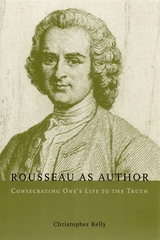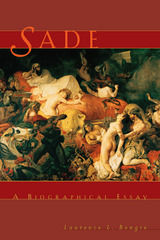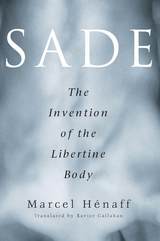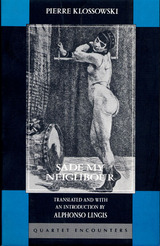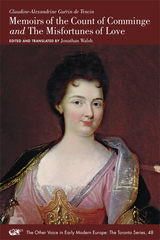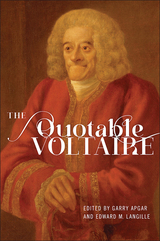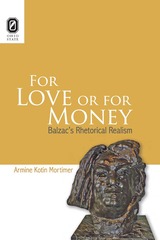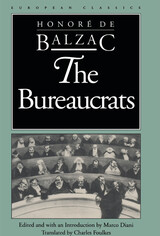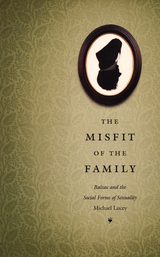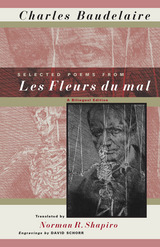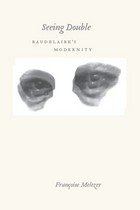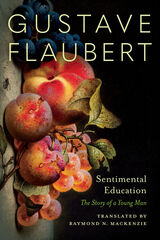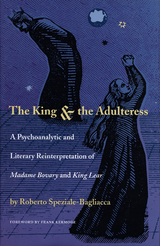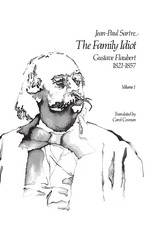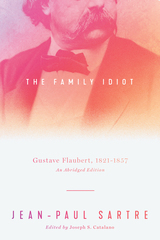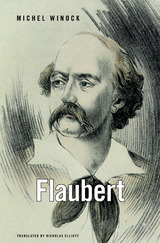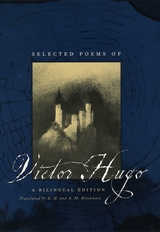In these essays, written in the 1930s, German critic Benjamin masterfully succeeds in changing our perception of French poet Charles Baudelaire as a late Romantic dreamer. Instead, he shows Baudelaire to be a thoroughly modern writer involved in a life-and-death struggle with that urban commodity, capitalism, which had begun to emerge in Paris in the 1850s. Benjamin portrays Baudelaire as a flaneur--a stroller who roamed the lonely Paris streets lost in the faceless crowd--as well as a lone modern hero searching for a means of selling his poetry. In the urban crowds, all traces of individuality are erased, and Baudelaire's famed "spleen" is actually disgust at that defining aspect of the modern condition. Indeed, in "The Painter of Modern Life," an essay Baudelaire wrote in 1863, he makes several acute observations about his sense of alienation that definitely establish him as a modern writer. Stimulating reading.
-- Bob T. Ivey Library Journal
Brilliant essays.
-- Richard Wolin The Nation
It's depressing to be a critic within a hundred years of Benjamin: he got there first on so many things. The poet Charles Baudelaire died twenty-five years before Benjamin was born, in 1892, but Benjamin writes about him as if they were there together in nineteen-twenties Berlin, making a ruckus. For Benjamin, Baudelaire represented 'the modern.' That doesn't mean that he claims Baudelaire wrote 'about' modernity but that his poetry embodies it. For example, Benjamin notes the influence on Baudelaire of new technologies such as photography, and writes that 'Baudelaire was his own impresario,' an artist who knew that his poems were commodities even before they were done.
-- Sasha Frere-Jones New Yorker
Now comes The Writer of Modern Life: Essays on Charles Baudelaire, edited by Princeton University professor Michael Jennings, and based on the writings of Walter Benjamin, a long dead German genius. Benjamin dissects the author of Les Fleurs du Mal (The Flowers of Evil) with a Marxist scalpel, among other unusual literary procedures. Why is all this happening? Maybe because in a unique way we fearful and confused souls recognize that Baudelaire's mordant and yet often exquisitely beautiful poetry and screwed-up life are a kind of mirror noir of our own teetering times. The same violent deaths, political treacheries, religious confrontations--and yet brief Roman candle bursts of loveliness are there.
-- Leslie H. Whitten Jr. Washington Times
This is an excellent collection of essays by one of the greatest critics of the first half of the 20th century about one of the greatest poets of the 19th century. In presenting Baudelaire in these landmark studies, Benjamin situates the first truly modern poet against the backdrop of the first truly modern city. From wide brushstrokes about the figure of the flaneur to close readings of specific poems, Benjamin's acumen makes clear that he was that rare breed of critic who could deftly weave the macro and the micro in seamless discussions.
-- S. Whidden Choice
This is an excellent collection of essays by one of the greatest critics of the first half of the 20th century about one of the greatest poets of the 19th century. In presenting Baudelaire in these landmark studies, Benjamin situates the first truly modern poet against the backdrop of the first truly modern city. From wide brushstrokes about the figure of the flaneur to close readings of specific poems, Benjamin's acumen makes clear that he was that rare breed of critic who could deftly weave the macro and the micro in seamless discussions...Jennings' supporting critical apparatus, complete with useful notes at every turn, frames these important texts in a way that reveals not only Benjamin and Baudelaire but also the intersections of modernity, poetry, history, urbanism, and many other fields.
-- S. Whidden Choice
Benjamin planned to write a book on Baudelaire, but it never materialized. With the exception of 'On Some Motifs in Baudelaire,' which appeared in a journal edited by Max Horkheimer and Adorno in 1939, his Baudelaire essays were published posthumously. In the past thirty years, some of them have surfaced in English translations, but all of them have now been retranslated and brought together in a single volume entitled The Writer of Modern Life: Essays on Charles Baudelaire, complete with a valuable introduction and notes by Michael W. Jennings.
-- Eric Bulson Times Literary Supplement
Benjamin's work continues to fascinate and delight because it has something for everyone: the literary critic, art historian, philosopher, urban theorist and architect. Whether he is talking about children's toys, Mickey Mouse, Surrealism, photography, or Kafka, Benjamin has a knack for figuring out what they can tell us about the wider world that produced them.
-- Eric Bulson Times Literary Supplement

